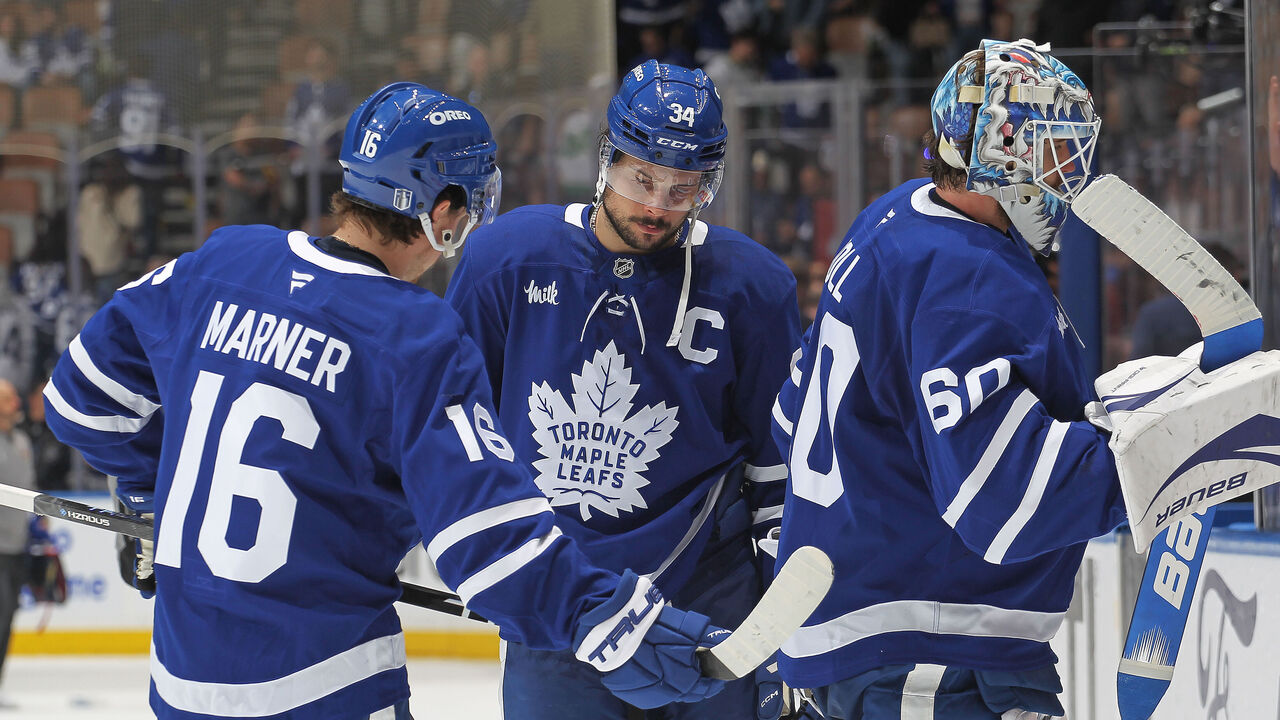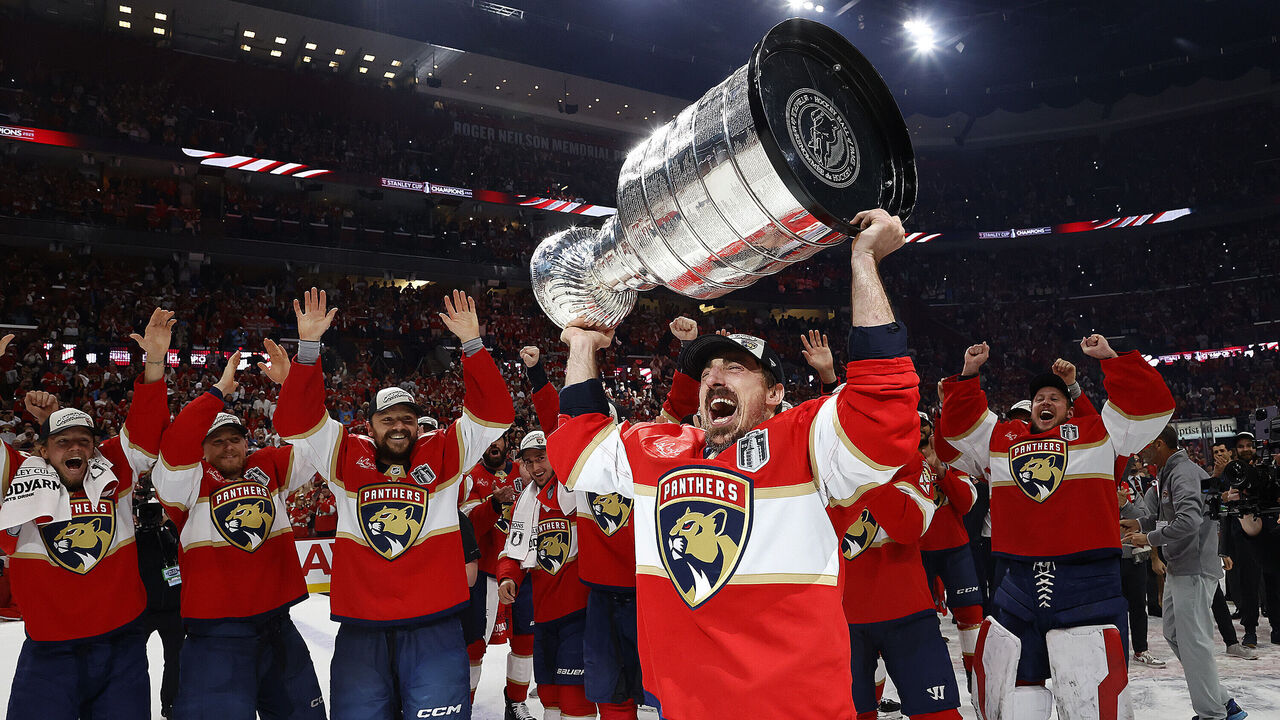Can NHL teams spot playoff heart in prospects?
As the NHL draft begins Friday, many executives, scouts, and coaches will be asking themselves a similar question: How do you identify annoying?
This is a tribute to the Florida Panthers, the back-to-back Stanley Cup champions who boast among their most distinctive attributes a remarkable ability to pester the hell out of opposing teams. They goad, they harass, they poke and prod. They drive everyone nuts.
Again, this is a compliment. It's part of what seems to be Florida's defining characteristic under head coach Paul Maurice. The Panthers are skilled and talented, yes, but they also have a pile of guys who rise to the moment, dig deep when the stakes are highest, and prove they're certified big-game players.
Pretty much the opposite of the Toronto Maple Leafs, in other words. And, to varying degrees, Florida's other vanquished foes, such as the Carolina Hurricanes and the Edmonton Oilers.
This brings us back to the question at the top: Is there any way to identify prospects who have an innate big-game mentality? Or can the trait be molded in the same way a young player can develop a better shot?
For much of the NHL's analytics era - loosely defined as the past decade or so - a statement has lingered around the debate of statistics-based analysis: You can't measure heart.
Old-school, eye-test guys say this as a way of discrediting those who use computers and spreadsheets to conduct the bulk of their scouting, while the analytically inclined types roll their eyes at such a notion. Intangibles, they say, will ultimately be expressed in the data.
Consider the example of Brad Marchand. Acquired by the Panthers for the stretch run, he had just four points in 10 regular-season games with Florida. But then the playoffs arrived, and Marchand transformed. He recorded 20 points in 23 postseason contests, including six goals in the Stanley Cup Final against Edmonton. He also led the playoffs in penalty minutes. There isn't a specific stat for heart or feistiness, but you can measure pretty clearly that Marchand is someone who elevates his game at crucial moments.
The Leafs have rather desperately needed someone like that. Not only did their best players fail to raise their games in the playoffs, they all but disappeared as their season hung in the balance. Toronto managed four goals over their final four games against the Panthers, three of them losses. Two of those, a pair of 6-1 defeats on home ice, cemented the belief that something has been fundamentally missing throughout the Core Four era. When the stakes were highest, the Leafs were at their lowest. Twice.

The Oilers, another of Florida's vanquished opponents, present a different conundrum. No one would question the contributions of their best players; Connor McDavid and Leon Draisaitl tied for the playoff scoring lead. But they were the only Edmonton players to average a point per game in the final. By contrast, the Panthers had seven forwards who averaged that output. (Stuart Skinner's .861 save percentage in the final also didn't help the Oilers.)
It should also be noted that Edmonton isn't being lumped in with Toronto as a similar example of a playoff underachiever. The Oilers have won six postseason series in the past two seasons alone, four more than the Leafs have managed across the last decade. Whatever Edmonton's playoff shortcomings may be, they're far less extreme than those of Toronto's struggles.
While we're here, how about the Hurricanes, eliminated by the Panthers in between the Leafs and Oilers? A 99-point team in the regular season, Carolina was steamrolled by a combined 16-4 score in the opening three games against Florida before getting eliminated in five, continuing its grim streak of second-round exits. A club as analytically inclined as any in the NHL, the Hurricanes again seemed to be missing something in the playoffs. Namely, goals.
This all presents a challenge for those in front offices who are studying their draft boards on Friday night and over the weekend. How do you identify the guys who can elevate their games in the NHL playoffs until they've experienced the NHL playoffs? There is, obviously, no simple answer. If you want to give extra weight to the background of someone like Marchand, born and raised in Nova Scotia, how does that explain the playoff performance of Draisaitl, from the hockey hotbed of, er, Cologne, Germany?

Ultimately, the NHL draft may not be the best place to consider the question of intangibles. Everyone will do their homework and declare themselves pleased with the personalities of the players they select. No one picks a player and says, "Nice skater, good shot, but we're a little worried that he might be a loafer with a lazy attitude." That stuff comes out over time.
You probably need a little more NHL runway to figure out the ideal big-game players. And in related news, the Maple Leafs are reportedly planning to make a big free-agent offer to one Brad Marchand.
Scott Stinson is a contributing writer for theScore